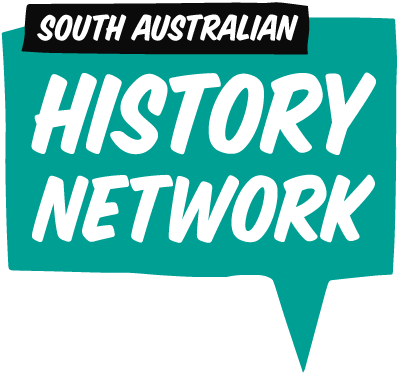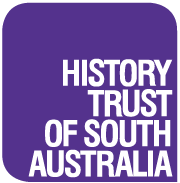Last week I attended the inaugural conference of the Australasian Association for Digital Humanities “Building, Mapping, Connecting” at the Australian National University in Canberra. The conference ran over 3 days and was largely attended by almost 250 academics largely from worldwide universities.
However History SA was well represented. I gave a paper on our Community History website, Senior Curator Mandy Paul spoke about the new History Hub soon to be part of History SA’s overall website while our CEO Margaret Anderson gave a joint paper with our website project director Darren Peacock on the successful Bound for South Australia website.
Much of my own interests and research is in the digitisation of historical collections and how Web 2.0 technologies can build online communities in the museum or history context. However it was refreshing to get new perspectives within different disciplines of the humanities such as literature, music, archaeology, art history and the performing arts.
As is often the case, there was a tantalising smorgasbord of papers on offer, often running simultaneously so that making the right choice was an art form in itself while the sprint between rooms served as good exercise and made up for the calorific but delicious morning and afternoon teas.
So for 3 days I self-indulged in blogging, crowdsourcing, data management, digitisation, e-research, mapping, developing online communities, semantic tagging, transmedia storytelling, text mining and virtual reality to name but a few; as well as getting my head around all the acronyms that were banded around – TEIs, PIs, GIs etc. And although it was fun and useful to be part of the Twittersphere, nothing can make up for what is always the best part of conferences – networking between papers.
So it’s back to work now and some time to be spent putting into practice what I have learnt as well as updating my Outlook Contacts.
For more information about the Australian Association for Digital Humanities, go here

